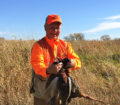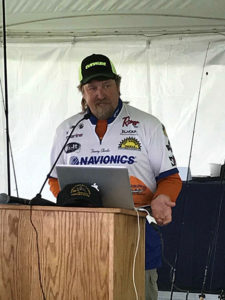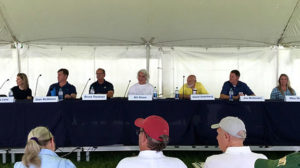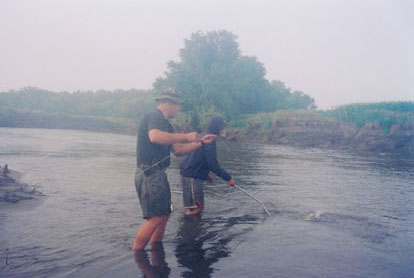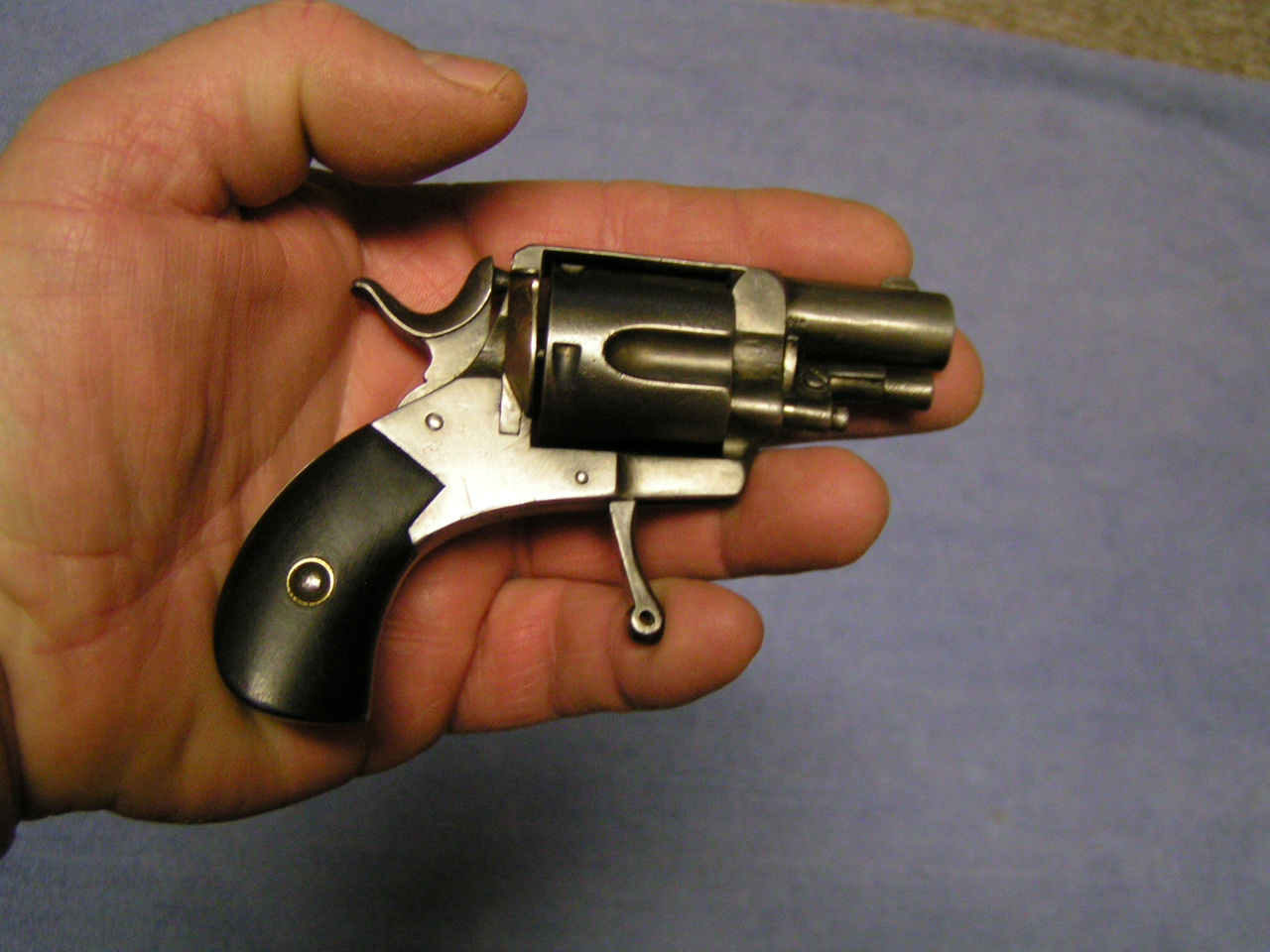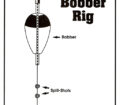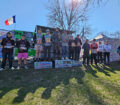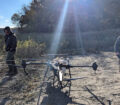By Steve Weisman
Saturday, August 11 was quite a celebration here in northwest Iowa as the third annual Okoboji Blue Water Festival took place at the Green Space in Arnolds Park, As I look back on the day, I can only smile and think: what an awesome and wonderful day it was. It had been a lot of work, especially for organizer Greg Drees and his crew of volunteers to pull off such a day. Plus, without the generosity of the sponsors and donors, none of this could ever have happened. After all, everything was free.
The festival itself was a daylong celebration to raise public awareness of water quality issues in the Iowa Great Lakes and across the state. Event chairman Greg Drees said clean water was the theme of the gala. “It’s all about protecting and enhancing the water quality of our lakes, rivers and wetlands.” To me, this is the challenge for all of us in the state of Iowa. We all know the issues of clean water, and the varying thoughts of just how important it really is. Here is a review of the day.
The morning
The weather made it the perfect mid-August day with sunny skies, mid-80 degree temperatures and a gentle 5-10 mph southerly breeze. The empty Green Space came to life with the white tents housing over 35 clean water exhibitors with a semicircle of tents just to the south filled with a wide range of clean water activities for kids and families. As the morning progressed, Chalk Stock artists turned the sidewalk in front of Exhibitor’s Row into colorful clean water themed murals. Throughout the day, thousands of people participated in these opportunities.
Noon under the Big Tent
At high noon, over 70 eager anglers took their seats to hear the words of Iowa native and highly acclaimed tournament angler Tommy Skarlis. As he began his seminar, he gave a little personal background, sharing just how lucky he is to even be around. A deer hunting accident two years ago has given him a greater appreciation for life. He was bow hunting out of a tree stand when both straps that held up his tree stand broke catapulting him nearly 20 feet to the ground, causing him multiple fractures in his neck.
Long story short, the surgeon could not believe that Skarlis was not paralyzed. However, after surgery to stabilize the fractures in his neck, and extensive therapy brought him to the point where he could again do what he loves: fish tournaments! That was a true wake up call, and he realized just how important and fragile human life can be. It deepened his faith in God. So, as Skarlis presents his seminars, it is with a new lease on life, and he shares with his audience just how blessed all of us are to be able to enjoy a hobby like fishing.
During his seminar Skarlis not only shared fishing techniques, but also covered the importance of appreciating our natural resources and protecting our waters. Without a doubt, Skarlis feels we all need to “Clean, Drain and Dry our boats whenever we leave our waters. We need to protect the waters and slow the movement of exotics.”
Since the early 1990s, Skarlis has been a professional angler, chasing both walleyes and crappies. With West Okoboji’s clear water and the excellent crappie population, Skarlis shared some of the techniques that have helped him catch crappies across the country. Often, many anglers look at crappies as fish that need to be still fished with a bobber and a minnow. Although that is one way, Skarlis has found that trolling and covering more ground often makes a huge difference on the tournament circuit.
It all begins with trusting your electronics and being alert to what is around you on the water. Skarlis spends lots of time just motoring around looking for baitfish and then the telltale marks of crappies below the baitfish. He also looks for the birds, gulls and terns feeding on baitfish on the surface. If they are there, you can bet the crappies are feeding on the baitfish pushing them to the surface.
Once Skarlis locates active fish, he sets up for a trolling run, using Off-Shore Planer Boards to spread out several rods on each side of the boat. It’s important to put the lure at the fish’s eye level and above because the fish will feed up. At the same time, Skarlis staggers the baits at different depths to find the hot depth. To do that, Skarlis will run the shallower baits farthest away from the boat with the deep runners out the back of the boat. Skarlis uses a Precision Trolling Data App to put the lures at the precise depth.
Skarlis trolls both crankbaits and jigs. He says, “Crappies love crankbaits and also jig and minnow combinations. Until a trolling pattern has been established, he says to “troll like a drunken sailor! Don’t just go in a straight line.” When bites occur, make sure to get that lure back to the same depth. “Duplication is the key for catching the most fish.”
Skarlis brought out more details, but you can Google Tommy Skarlis trolling and watch an hour You Tube Skarlis presentation.
The afternoon
Then at 1:30, the much-anticipated panel discussion took place to discuss water quality and Natural Resources protection issues in Iowa. The panelists spent the better part of two hours in a spirited give and take over key environmental issues. Although several topics were covered, these are three of the hottest topics: Iowa’s voluntary nitrogen reduction plan, recent clean water legislation (File 512) and lack of funding for IWILL.
Panelists included Cindy Lane, Water Program Director for the Iowa Environmental Council; Joe McGovern, president of the Iowa Natural Heritage Foundation; David Osterberg, professor emeritus of Environmental Health at University of Iowa and part of the Iowa Policy Project; Mary Skopec, director of the Iowa Lakeside Laboratory; Sean McMahon, executive director of Iowa Agriculture Water Alliance; Bill Stowe, general manager of Des Moines Water Works; Bruce Trautman, interim director of the Iowa Department of Natural Resources.
Each panelist gave a brief personal overview before the first topic was posed: how successful do you think the state’s voluntary nitrogen reduction plan has been? Answers varied with McMahon saying, “You know eight years ago there were only maybe about 10 thousand acres of cover crops that were cost shared in Iowa and then this last fall we had 760,000 acres in total. So is that enough cover crops? Absolutely not! But if you look at the entire state of Iowa’s row crops, 23 million acres, we’re only at 3 percent of all those row crop acres. We’d actually like to see between 12 million and 17 million acres of cover crop.”
Trautman agreed, noting, “I’m not going to sit here and believe for one minute that voluntary conservation doesn’t work, if you do the right things and if you have the right people and if you take the watershed approach, it works. I’m not going to apologize for the work that’s been done in the past, but I’m not going to say we’re done.”
Lane, however, did not think the voluntary option is working. “Recent research has shown that instead of reducing our nitrate loads that are coming out of Iowa, because all of the nitrogen reduction strategy, researchers have found that our nitrate loads are increasing. “She also noted that when conversations like this begin, “It turns right away to finger pointing. We need to work together to make changes.”
Skopec expressed concern about current weather changes and how these changes affect all of the landscape. “How does our land handle six-inch rains in March and April when we do not have landscapes that are protected? Those soils are much more vulnerable now than they were even 50 years ago.”
Stowe, meanwhile, was the most critical of the voluntary nitrogen reduction plan. “It’s a failure. Where we are right now, nothing has changed in the past five years on our rivers.”
This discussion led moderators to ask about the panelists’ thoughts on the Iowa Legislature’s recent Clean Water Legislation (SF 512), which authorizes $282 million to water quality initiatives over the next 12 years. It is not new money but rather diverts existing tax money on metered drinking water as well as gambling revenue to fund the legislation. Trautman did feel that this legislation is a start. “If you have people upstream and downstream working together, it works.”
Unfortunately, the consensus of the panelists was this is not enough. Osterberg said, “It’s not new monies. It’s just transferring funds. As long as you say we can’t do anything unless we take away from schools you’re not going to get very much money. Therefore, I think the process ought to be let’s decide that we’re serious about doing something about water quality and then let’s put some money into it, and let’s put a tax on fertilizer where it out to be.”
McGovern agreed. “The $2 million in the funding bill falls far short of what is needed. It can’t do anything. It’s just not enough. We did a project on Big Spirit that cost $1.6 million, and we did it all with private money. One project! So, they’re going to spread that over the state. So, I just think we deserve way better than what we saw out of SF 512. We had a chance to do much, much more and that was what we got out of this session.
Stowe also criticized the measure. “Sprinkling money around the state for ribbon cuttings is not the answer. We need to ask what is this money going to? What is the target? What is the return to the state? What is the environmental impact? What is our investment and what is the return on investment?”
When it came to the topic of IWILL, also known as the Natural Resource and Outdoor Recreation Trust Fund, panelists in general agreed on its concept, and the audience applauded its support and belief in its importance to all Iowans. Approved by 63 percent of Iowa’s voters in 2010, with the next penny increase in the state sales tax, 3/8 of that penny will go to fund IWILL to the tune of at least $150 million.
Lane spoke passionately for funding IWILL because it would benefit all areas of the state. “How do I improve where I grew up? As a young mother, I ask what is the future for my child? It will take time even at $150 million per year.”
McMahon agreed and challenged Iowa legislators to pass IWILL. “Our neighbors to the north (Minnesota) and to the south (Missouri) did this, and we still sit waiting- for eight years! This should not be a partisan issue; this should be nonpartisan.”
McGovern reflected on what might have been, “You know if we had funded IWILL the year it was passed, we would have already had $1.1 billion funded into the trust fund. We have lobbied, asked Iowans and polled them and even in our latest poll, 72 percent said to fund IWILL. However, we are always given an excuse and told next year. What will it take?”
Certainly, panelists addressed more environmental questions, but these were their thoughts on three extremely important topics for all Iowans. Festival organizer Greg Drees expressed his thanks to both panelists and the crowd that attended the panel discussion. “I appreciate the candidness with which each panelist answered questions. Even though at times their answers caused disagreement among the panelists, their answers showed their passion for the topic of water quality. At the same time, we had an excellent crowd that was actively engaged throughout the two-hour panel discussion. The topic of clean water is so important to the state of Iowa. I only hope that this discussion helps get more Iowans involved in the due process and sharing their viewpoint with both clean water experts and the legislature.”
If there is one thing that was clearly obvious it is that panelists and the audience want action. More than once, I head this statement. “We need to work together and stop the finger pointing.” The audience made it clear that they wanted leaders to work together and to drop the politics!
While all of this was going on, there was constant traffic as people walked along the sidewalk, stopping to talk to clean water experts and learn more about clean water and how on one hand we are all part of the problem, the good news is we are also all part of the answer. All the while, off to the north was a reminder of why we were here: West Okoboji. West Okoboji is the symbol of what we are fighting for. We are fighting to save our waters and ensure that we improve our waters across the entire state. It’s good to celebrate, but this Festival was also about doing much more to improve our water quality.
End of a great day
…as the sun slowly dipped on the horizon, the musical celebration began. The Green Space was full of people, and they kept coming for the concert of the summer. The Firm, Atlanta Rhythm Section and Michal McDonald-each brought something unique to the stage. McDonald with a music career that encompasses five Grammys, of course, was the headliner.


